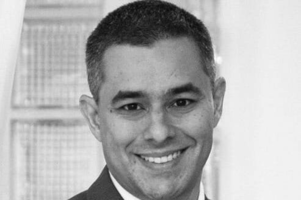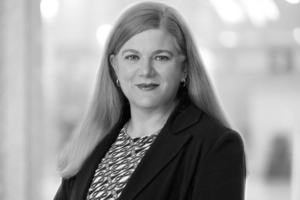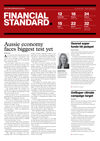Don't neglect the SDGs in sustainable finance strategyBY RACHEL ALEMBAKIS | MONDAY, 20 NOV 2023 3:58PMThe government's sustainable finance strategy is an opportunity to tie action on the Sustainable Development Goals (SDGs) to action on climate. Related News |
Editor's Choice
UN pension chief joins Northern Trust
The head of the United Nations Joint Staff Pension Fund is taking on a new role at Northern Trust Asset Management.
Podcast: Exploring emerging markets and sustainability
Pablo Berrutti, senior portfolio specialist at Stewart Investors, discusses emerging market investment opportunities and their main growth drivers.
Carbon emission stabilisation 'reframes' investment climate risk: Emmi
Latest modelling from Emmi indicates carbon emissions may plateau within the next two years before gradually declining, signalling the first ever emission stabilisation outside of an economic crisis.
Hollywood heavyweights call on pension fund to divest fossil fuels
The likes of Sally Field, Mark Ruffalo and Jane Fonda are calling on the SAG-Producers Pension Plan to dump its holdings in oil and gas companies.

















